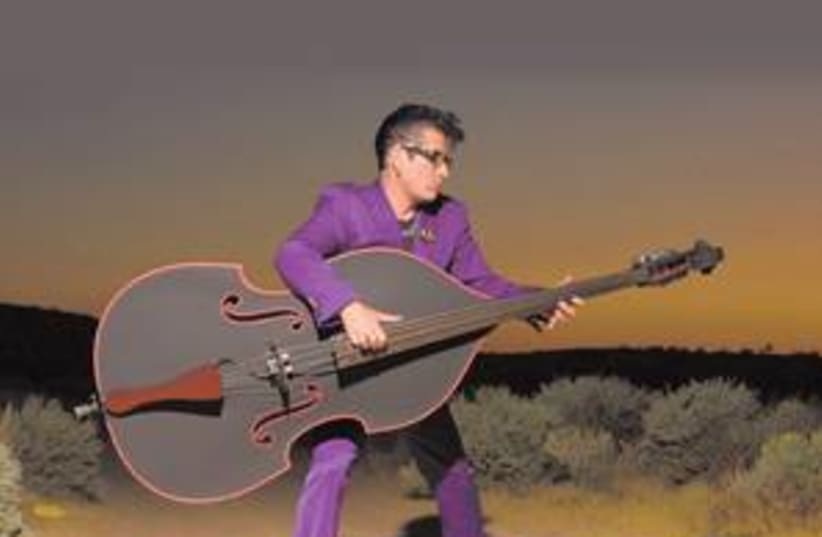| More about: | New York Philharmonic, George Harrison, Elvis Presley, The Rolling Stones |
Rockabilly non-revival
Former Stray Cats bassist Lee Rocker brings us a rougher side of the Fifties.


| More about: | New York Philharmonic, George Harrison, Elvis Presley, The Rolling Stones |